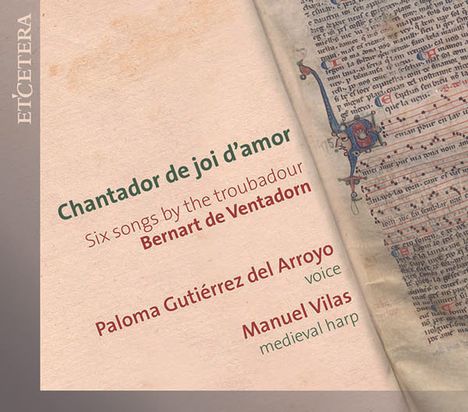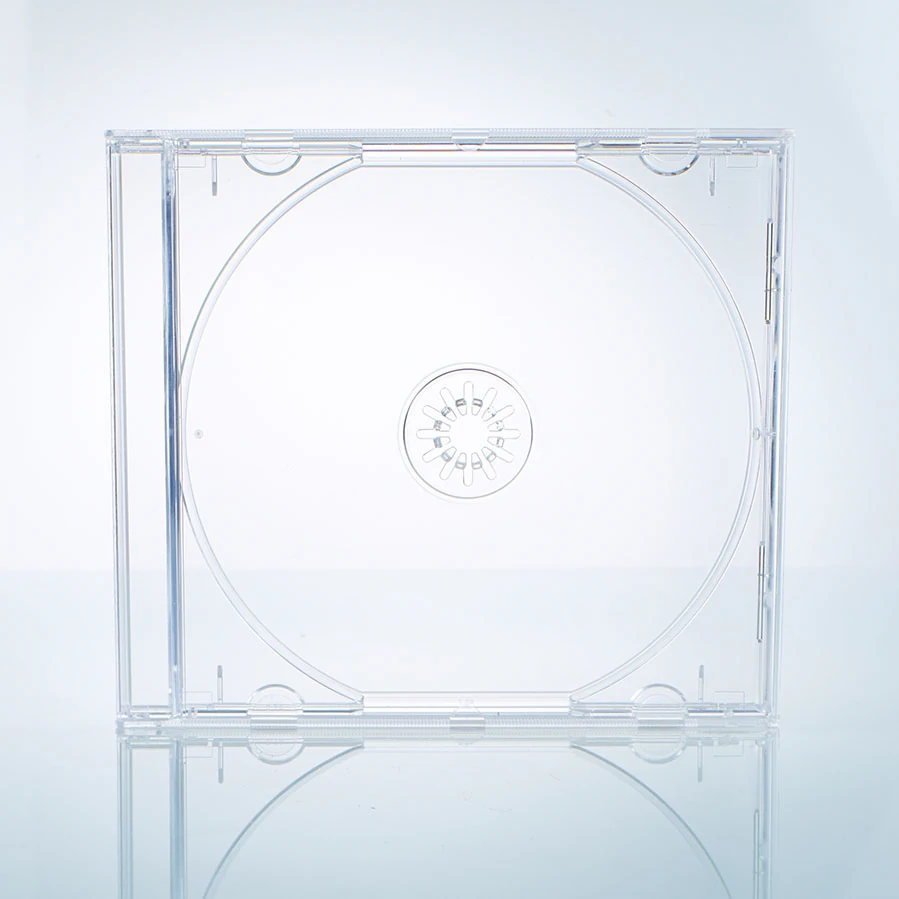Bernart de Ventadorn: 6 Chansons - "Chantador de joi d'amor" auf CD
6 Chansons - "Chantador de joi d'amor"
Herkömmliche CD, die mit allen CD-Playern und Computerlaufwerken, aber auch mit den meisten SACD- oder Multiplayern abspielbar ist.
(soweit verfügbar beim Lieferanten)
Cant l'erba fresq’e; Pus mi prejatz, senhor, qu’ieu chant; Be m’an perdut en lay ves Ventadorn; Can par la flors josta; Non es meravelha s’eu chan; Can vei la lauzeta mover de joi sas alas
- Künstler:
- Paloma Gutierrez del Arroyo (Gesang), Manuel Vilas (Mittelalterliche Harfe)
- Label:
- Etcetera
- Aufnahmejahr ca.:
- 2019
- Artikelnummer:
- 9772777
- UPC/EAN:
- 8711801016511
- Erscheinungstermin:
- 17.4.2020
Bernart de Ventadorn war ein Troubadour des 12. Jahrhunderts aus der Gegend des heutigen zentralfranzösischen Départements Corrèze. Zahlreiche Liebesgedichte in okzitanischer Sprache und deren Vertonungen werden ihm zugeschrieben, immerhin 41 in alten Chansonniers erhaltene Cansos stammen mit Sicherheit von ihm. Die Sängerin und Psalter-Spielerin Paloma Gutiérrez del Arroyo ist eine Spezialistin des mittelalterlichen Repertoires. Sie studierte u. a. bei Benjamin Bagby, Dominique Vellard, Catherine Schroeder und Brigitte Lesne. Manuel Vilas, geboren in Santiago de Compostela, spielt verschiedene Harfen des 12. bis 18. Jahrhunderts. Sein Repertoire reicht von mittelalterlicher bis zur Barockmusik.
Product Information
Chantador of course means ‘singer’ — and Bernard de Ventadorn was fully worthy of the title. A troubadour from the Limoges region in the 12th century, he wrote love poems in Occitan and set them to music. He was not only the object of much raillery during his lifetime, but was also subjected to various hypotheses concerning his birth during the 20th century: he may have been the son of a baker or even the illegitimate son of a viscount in a castle in Moustier-Ventadour, the ruins of which are currently being excavated and explored. The amount of texts and music attributed to him that has survived in chansonniers, manuscripts that are veritable song-books, was equalled by very few other troubadours of the time; forty-one cansos, poems with love alone as their subject, can be attributed to him with certainty; his musical settings for seventeen of these have also survived.
Rezensionen
»Ein ungemein engagiertes und überraschend spannendes Album.« (Fono Forum, August 2020)Disk 1 von 1 (CD)
-
1 Can l'erba fresch'e.lh folha
-
2 Pois preyatz me, senhor
-
3 Be m'an perdut lai enves Ventadorn
-
4 Can par la flors josta.l vert folh
-
5 Non es meravelha s'eu chan
-
6 Can vei la lauzeta mover





